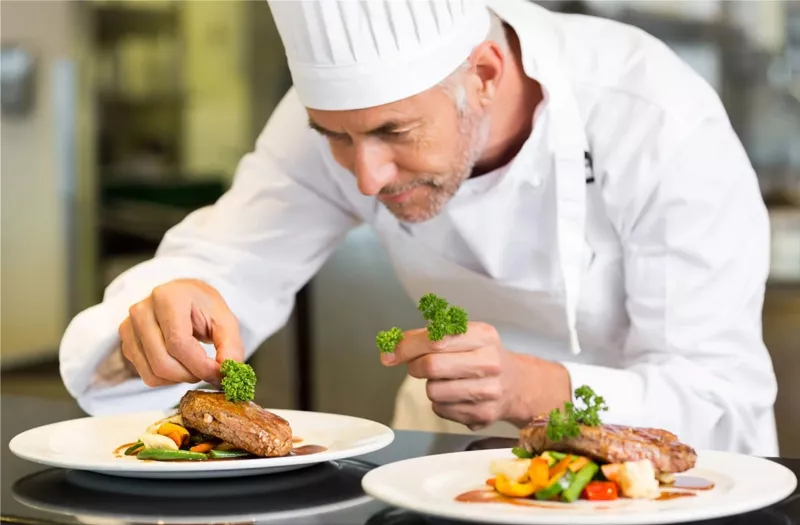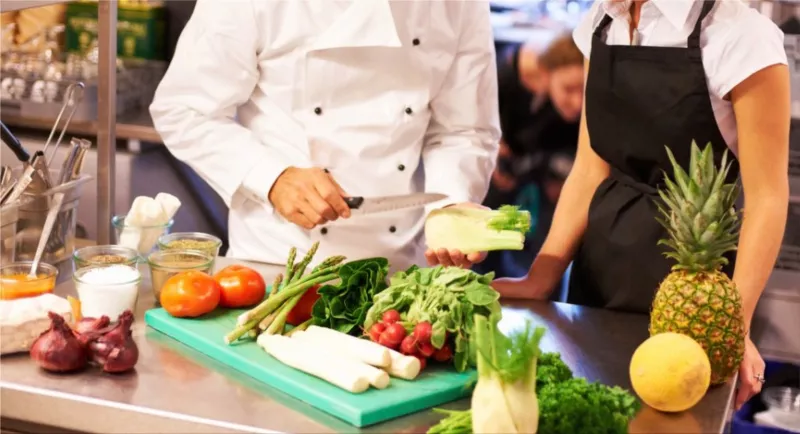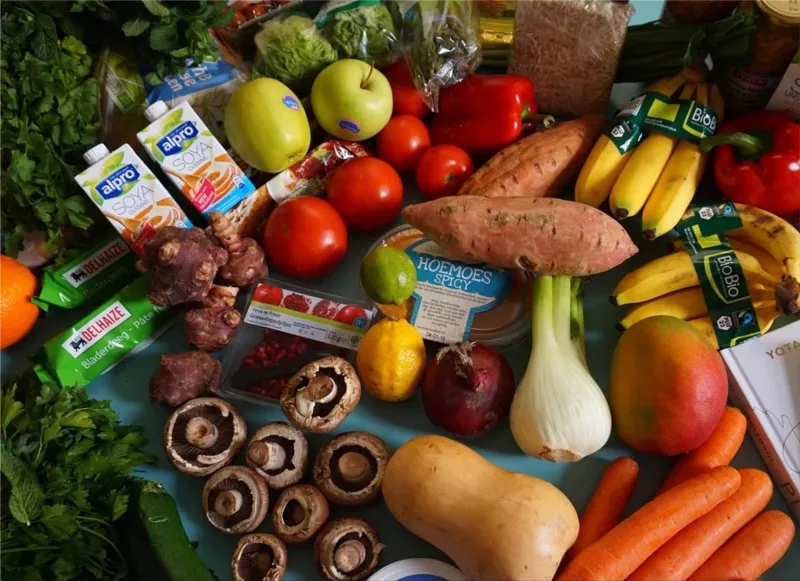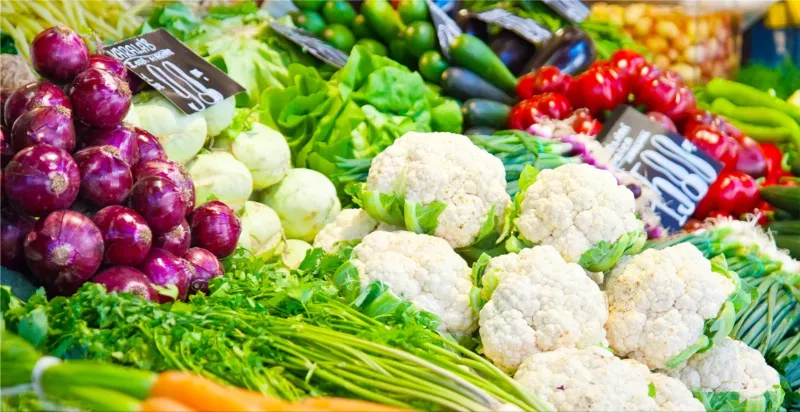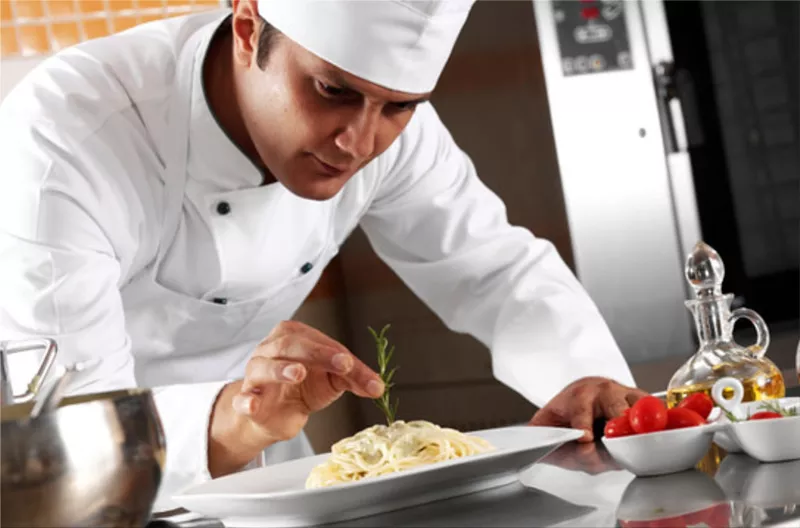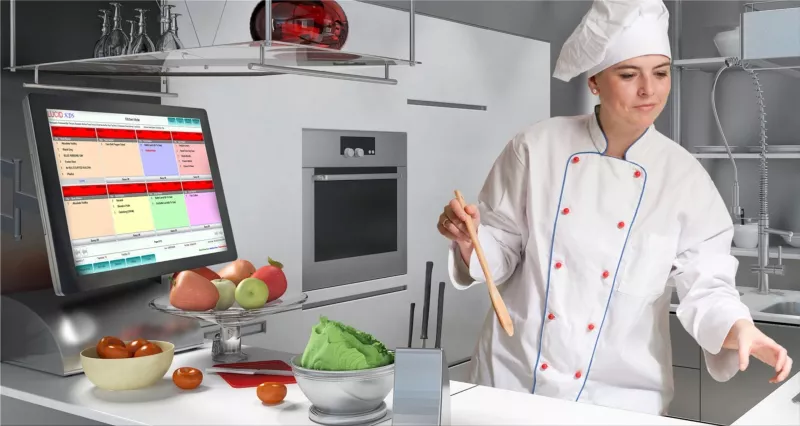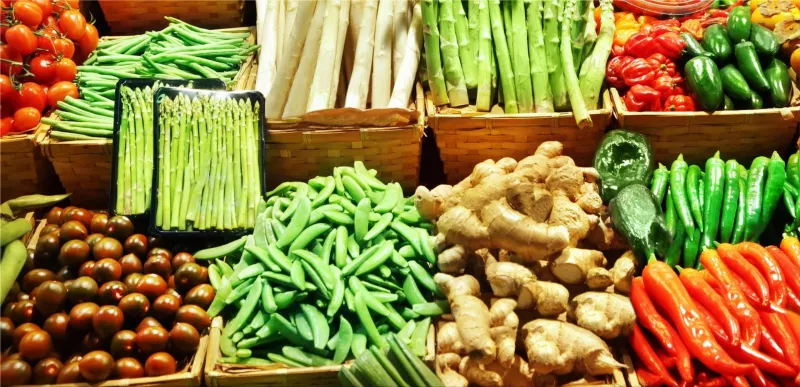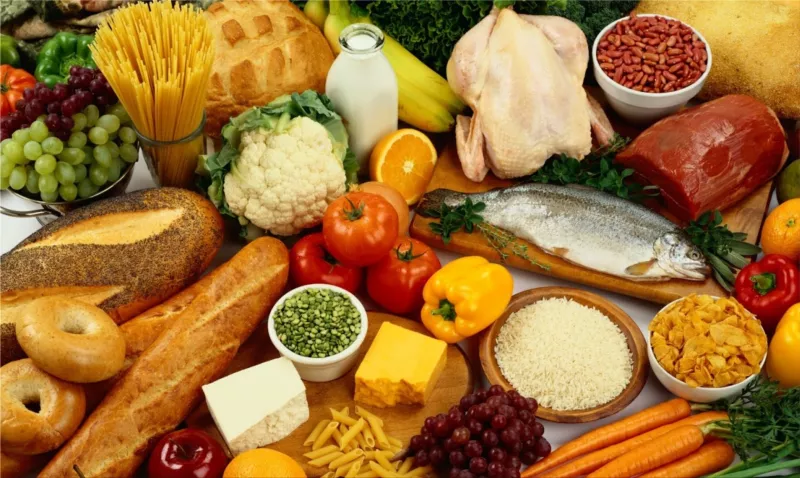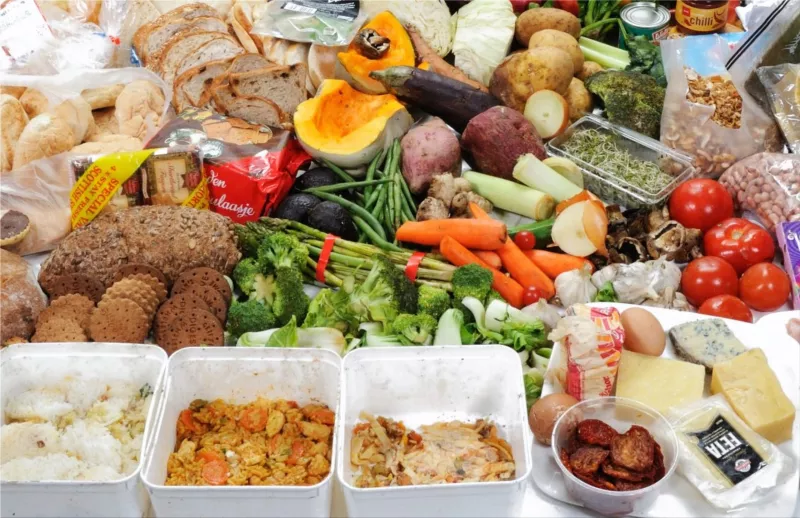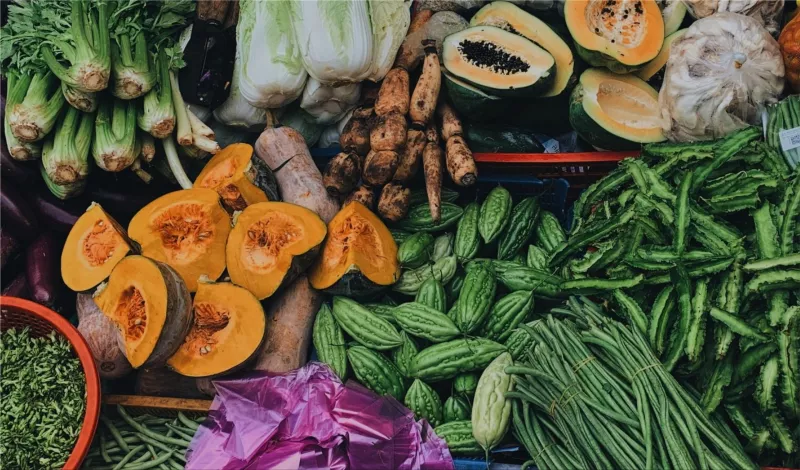This short article will teach you all you need to know about the chef profession to understand what it entails and your training. A chef is a specialist in the kitchen and gastronomy who also serves as the kitchen's head. It is a valuable and sought-after profile in today's market, and we will tell you everything about his figure in this post to understand what it takes to be a chef.
What exactly is a chef, and what are your responsibilities?
The term chef derives from the French phrase chef de cuisine, which refers to the heads of kitchens. A chef is first and foremost a well-trained cook, but they are also a management and leadership expert in the kitchen.
The chef is defined as follows by the Oxford Languages Dictionary:
Chef: a person whose duty is to cook, typically the most senior employee at a restaurant, hotel, or similar establishment.


